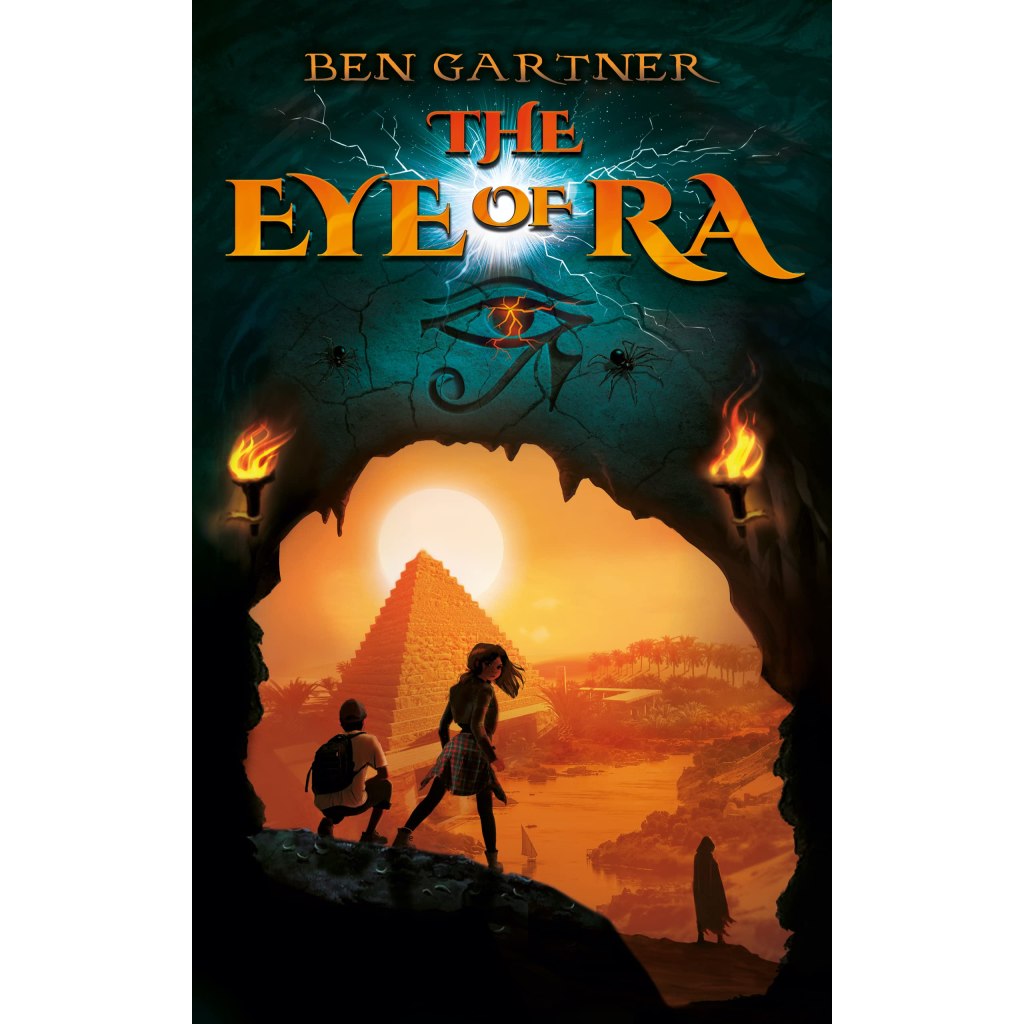First, let me say that parents and teachers are, of course, the most important and influential people in a child’s life, but I believe authors deserve a place in the triumvirate that serves to significantly impact our children on their path to adulthood. I felt this way long before I became an author myself, so this isn’t meant as a fluff piece. It is meant to recognize and sow respect for the significant and impactful role that books, and by extension the authors that write them, play in our child’s lives.
I have two boys who are currently ages twelve and nine. They are both happy readers who enjoy a plethora of styles and subjects from The Giver to Wings of Fire to Weird But True facts and a thousand others. Mostly, as I did when I was their age, they enjoy stories of the fantastical—books that spark their imagination and carry them beyond the boundaries of their own world, their own perceptions and suppositions into the possibilities of their mind’s eye. I mean, isn’t that one fun reason that we all read? Even when reading nonfiction, we’re looking for that kick to the imagination, right?
But an MG author’s job is not merely to tickle those neurons in an exciting way. Sure, some escapism can be a nice respite from the world—we all love that about books. But for MG’s, reading quite literally packs their brains more than any other period of cognitive development. It is a unique and important opportunity.
Explosive growth in neuronal connections occurs during the middle grade years. The gray matter of the brain thickens, branches reaching out and tying things together at a pace like never before, with almost no bounds at what sticks. This “process of thickening of the gray matter peaks at about age 11 in girls and age 12 in boys, roughly about the same time as puberty.”[1] And after that, during the teen years, the gray matter thins and branches are pruned as the teen focuses in on what they enjoy, or more relevantly what they spend their time doing.
And this is exactly why middle grade books (and the authors who write them!) are so important. We supply the fodder upon which the mind grows, while having the advantage of working with a brain for which the possibilities of belief are endless. And, I might add, this is why writing for this age group is so FUN. We have no boundaries of how things “should” be. I’d argue our primary job is to instill a sense of wonder at how things “could” be. As Einstein said, “Imagination is more important than knowledge. For knowledge is limited, whereas imagination embraces the entire world, stimulating progress, giving birth to evolution.”[2]
To boot, when a child explores a new book, they have an unmatched capacity for understanding, respect, and tolerance. It is during this period in the child’s life when they’re soaking up everything without pre-conceived judgement. This provides a critical developmental opportunity for encouraging empathy and kindness, as well as ambition and motivation.
It is during this time in our lives that we begin considering abstract concepts like love and justice and the duality of life — we can be two things at once. For example, in The Eye of Ra (my middle grade novel), the main character John can be skittish while at other times brave depending on the circumstance. And his sister Sarah shows a selfish disregard for others at some times, while she’s courageously selfless in key moments. The idea that people can contain multitudes, as Walt Whitman said, is a concept best introduced to the middle grade audience.

Additionally, and this one can get loopy but it strikes at the heart of the middle grade experience, children in this stage of development can engage in metacognition — to think about thinking — as well as problem solving and deductive reasoning.[3] They’re more aware of themselves, which is a part of decentration, the “gradual progression of a child away from egocentrism toward a reality shared with others.”[4]
A reality shared with others—what an honorable and important realization to be a part of, as an author.
Speaking personally, I remember third grade almost like it is when my life started. I have a few memories prior to that, but third through fifth grade is much more filled in, more alive. I remember doing a Read Around the World challenge in third grade and I remember reading Tuck Everlasting and James and the Giant Peach and Journey to the Center of the Earth as key pieces of the mobile that is my life.
I still approach books with that same excitement of possibility. I mean, is there anything as thrilling as opening a new book? For middle graders, that thrill is the brain stretching to make connections and consider concepts it has never considered before. That thrill is growth. As educators and authors, our job is to feed that growth responsibly.
- https://www.pbs.org/wgbh/pages/frontline/shows/teenbrain/interviews/giedd.html
- “Einstein on Cosmic Religion and Other Opinions and Aphorisms” by Albert Einstein, Quote Page 97, Dover Publication, Mineola, New York. (This Dover edition is an unabridged republication of “Cosmic Religion and Other Opinions and Aphorisms”, originally published in 1931 by Covici-Friede, Inc., New York)
- http://www.nea.org/tools/16653.htm
- https://dictionary.apa.org/concrete-operational-stage
Ben Gartner is the author of adventure books for middle graders and thrillers for adults. His writing for both audiences shares an ability to grab readers by their neurons for a thrilling ride, maybe even teaching them something in the meantime. Ben can be found living and writing near the mountains with his wife and two boys. He can be found at the following places:
https://bengartner.com/
https://twitter.com/BGartnerWriting
https://www.facebook.com/BenGartnerAuthor/
https://www.instagram.com/bgartnerwriting/
You can purchase The Eye of Ra at: IndieBound: https://www.indiebound.org/book/9781734155211
Amazon: https://amzn.to/397nAm3
Everywhere else: https://books2read.com/the-eye-of-ra-ben-gartner

Thank you for letting me post on this important topic! I’d love to hear other opinions on this too.
LikeLike